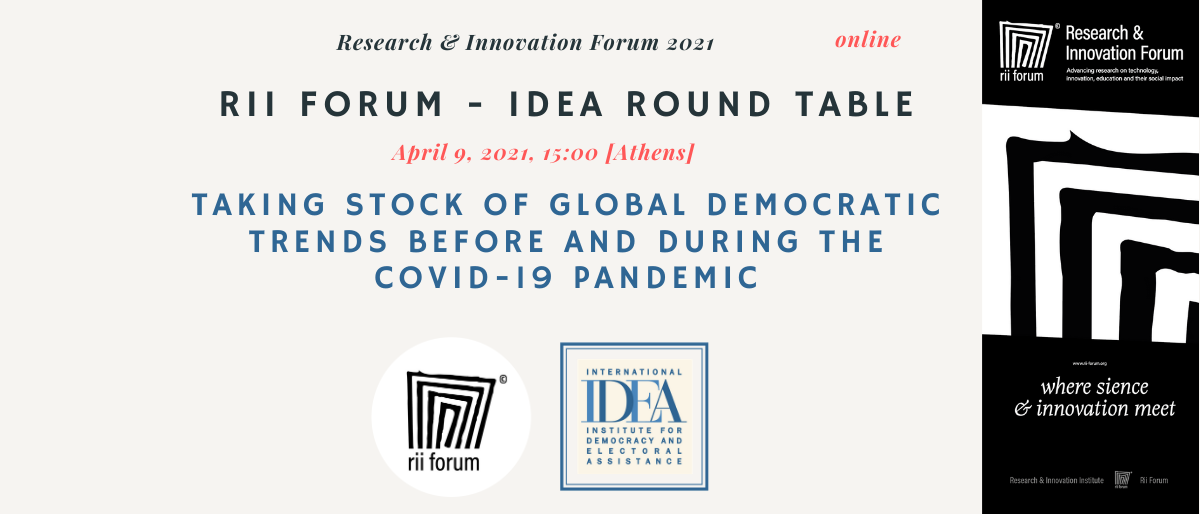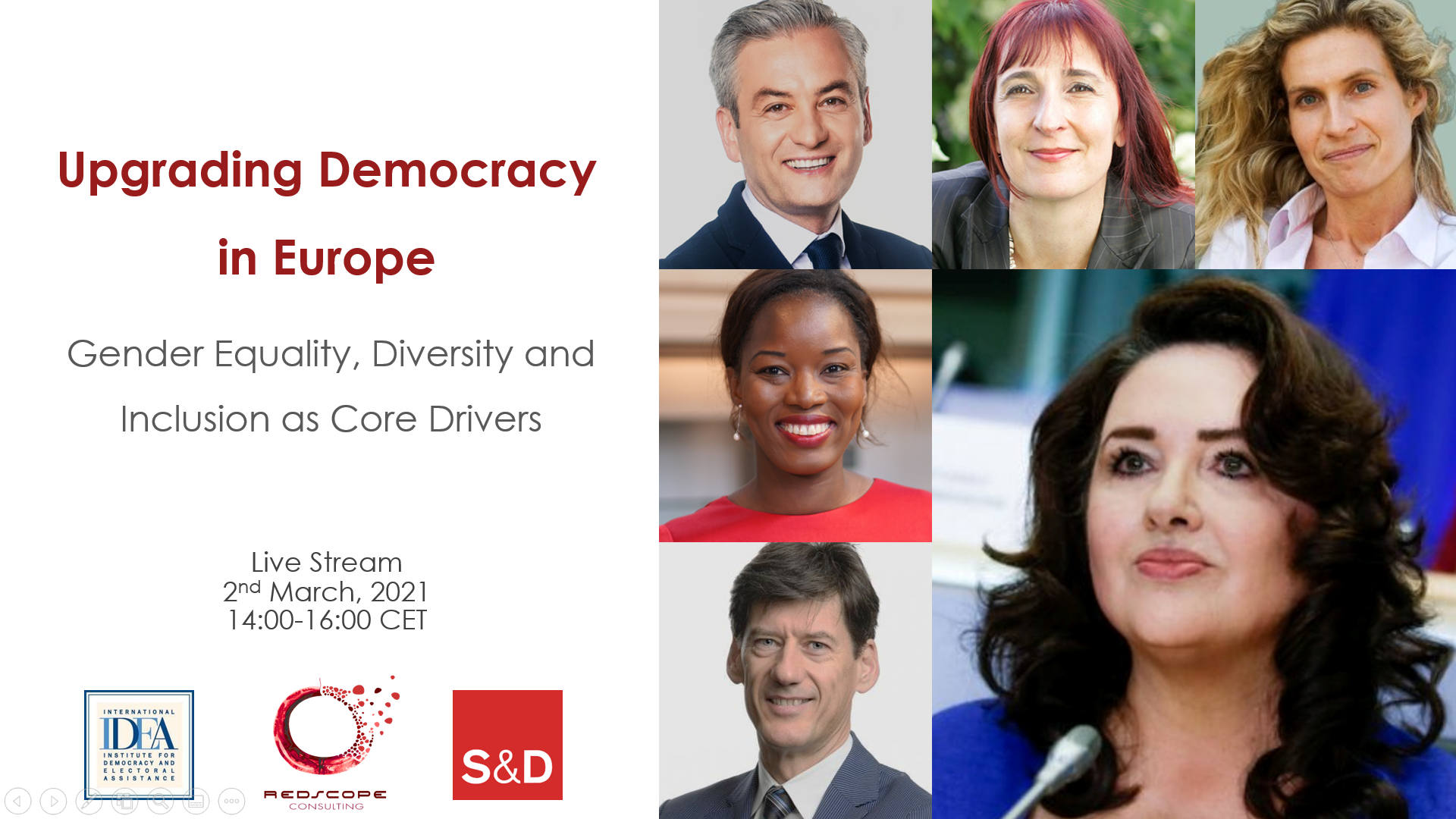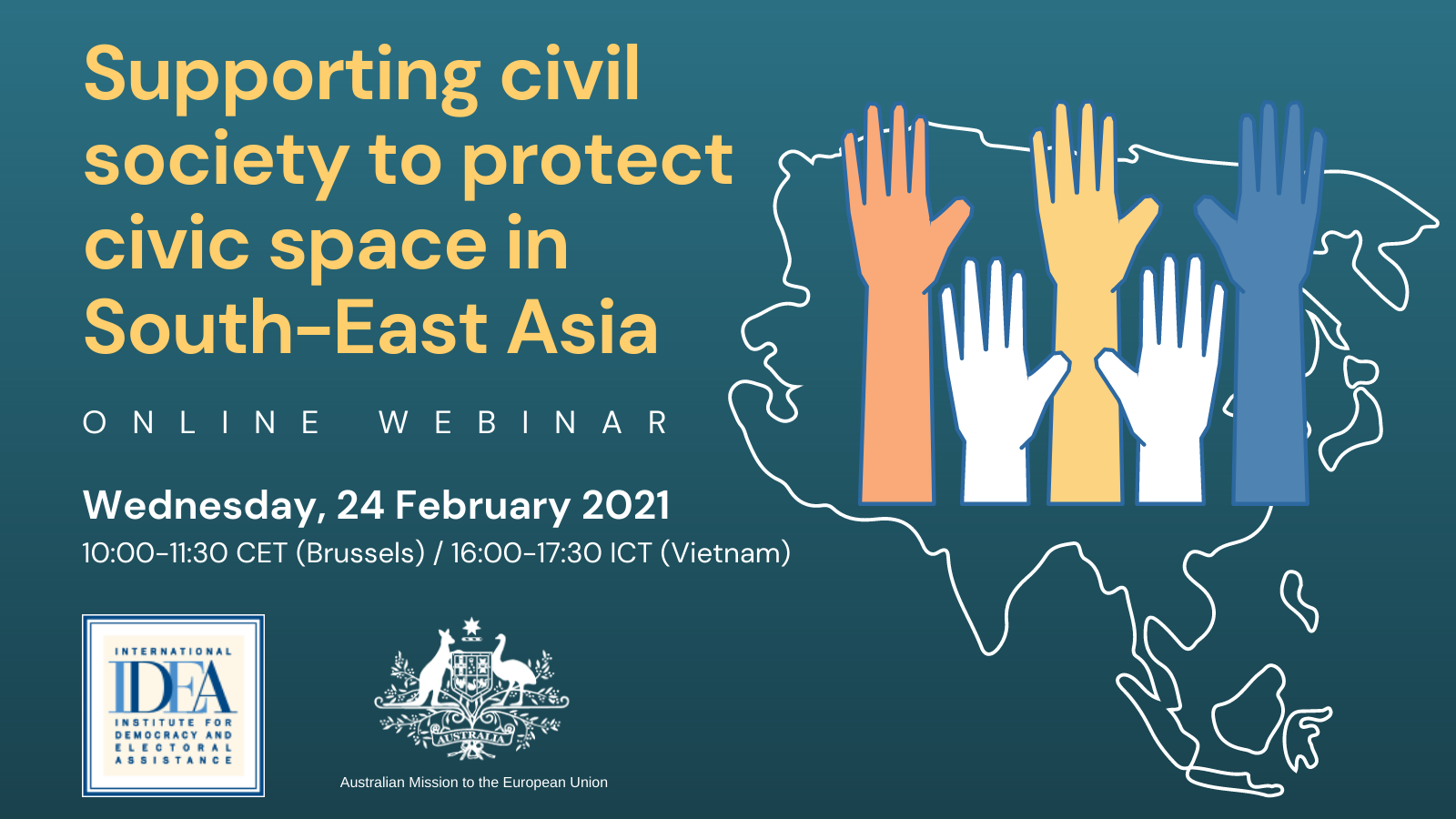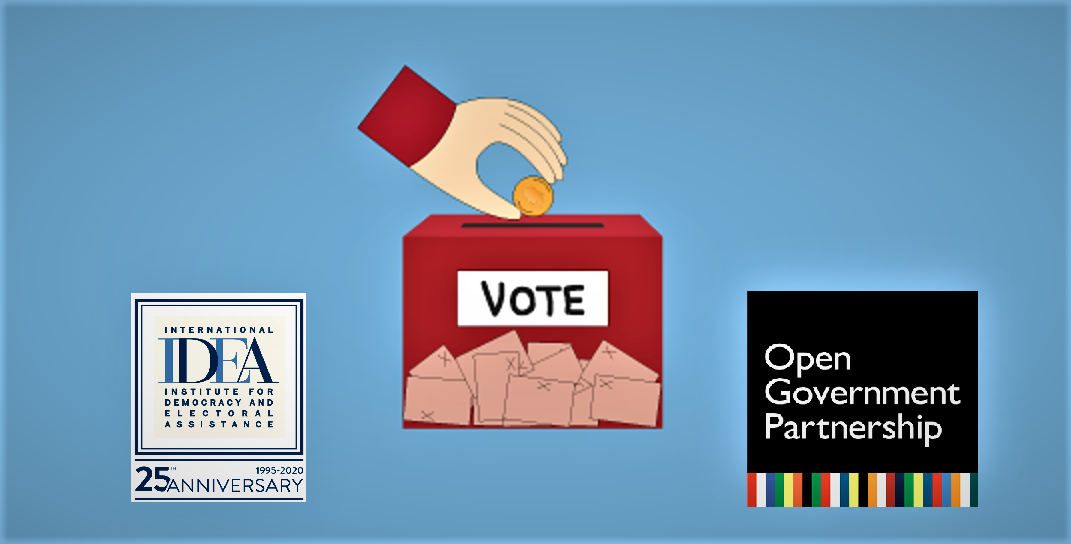Berlin launch of "Political Participation of Refugees: Bridging the Gaps"
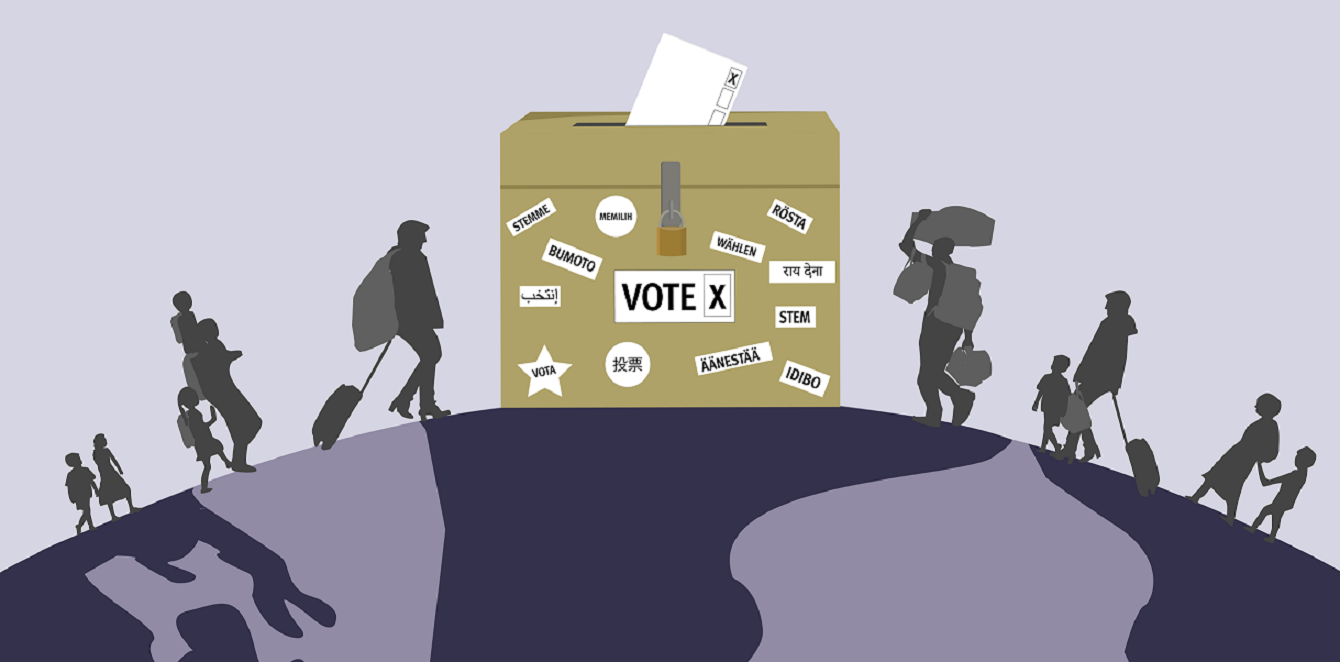
With the global refugee population reaching an estimated 22.5 million by mid-2017, compared to 10.4 million in 2011, the world is seeing an unprecedented increase in the number of refugees and asylum seekers. More than half of the global refugee population comes from only three countries: Syria, Afghanistan, and South Sudan.
Although 84 per cent of refugees worldwide are hosted by non-EU countries such as Turkey, Lebanon, Kenya and Uganda, European countries are also experiencing exceptionally growing refugee flows. Germany has become one of Europe’s major destinations of refugees, receiving a total of 722,370 new asylum applications in 2016. While ongoing policy debates are largely focusing on the humanitarian, social and economic implications of large-scale forced migration, issues related to refugees’ civic and political inclusion and their potential to participate in political life and decision-making processes in their host countries and their countries of origin have not been adequately explored.
In light of this, International IDEA, with the support of the Robert Bosch Stiftung, has gathered comparative knowledge on the various formal and non-formal mechanisms of refugees’ political participation in their host and origin countries, and present the report ‘Political participation of refugees: bridging the gaps’.
The report is based on case studies carried out through interviews and focus group discussions with refugees and key informants in eight host countries with high numbers of refugees and asylum seekers, including Germany, Kenya, Lebanon, South Africa, Sweden, Turkey, Uganda and the UK. It offers cross-country insights into the experiences of refugee communities originating from five of the largest source countries: Syria, Afghanistan, South Sudan, Somalia and the Democratic Republic of the Congo.
Lina Antara and Armend Bekaj from International IDEA, authors of the report, will share the key findings. In continuation, an interactive discussion will take place with:
- Tanja Berg, Political Scientist, Minor – project office for education and research
- Nora Ragab, PhD fellow at the Migration and Development research cluster, Maastricht University, and author of 'Political Participation of Refugees: The Case of Afghan and Syrian Refugees in Germany'
- Osama Salem, Founding member of the Network for Refugee Voices
- Shoaib Sharifi, BBC World Service Kabul Bureau Chief and author of 'Political Participation of Refugees: The Case of Afghan Refugees in the UK'
- Ruvi Ziegler, Associate Professor in International Refugee Law, University of Reading
The discussion will be moderated by Christian Koch.
The event will be live-streamed via International IDEA’s Facebook page.
